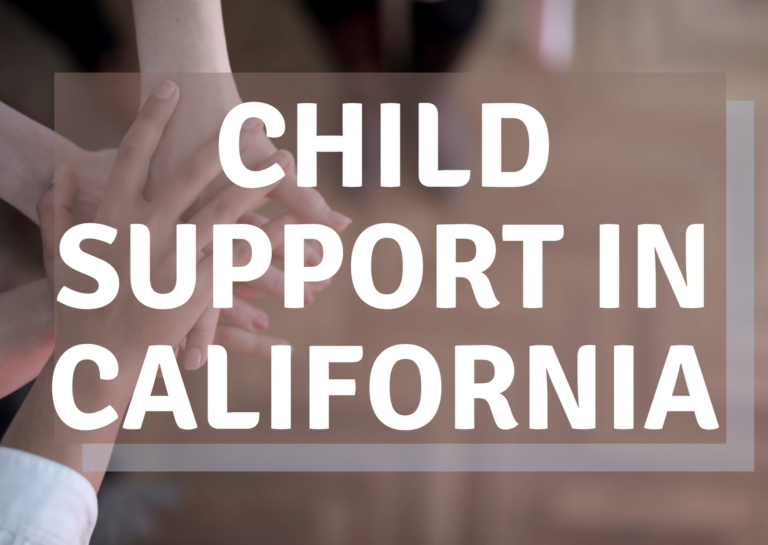Overview of Spousal Support in California
When a couple legally separates or divorces, the court may order one spouse to pay the other a certain amount of support money each month. This is called “spousal support” for married couples, and commonly referred to as “alimony”. This article provides an overview of the spousal support award process, how to change or end the obligation to pay spousal support once established by the court, and how to enforce the award if the paying spouse fails to timely pay the amounts ordered by a court.
How Spousal Support Starts
Court proceedings seeking a divorce, legal separation or annulment are necessary to officially start the obligation to pay spousal support. You can request such an award while your case is pending, called a “temporary spousal support order”. Support can also be ordered once the divorce or legal separation becomes final, as part of the final divorce or separation judgment. To ask for support, you must complete and file the required court forms and set a hearing date for the issue to be resolved by the judge.
Calculating Spousal Support
For temporary spousal support, judges generally use a fairly standard formula to calculate the amount. Courts in different counties may use slightly different factors in calculating temporary support. You can check your court’s local rules for the temporary support guideline.
The judge will not use a formula to figure out how much spousal or partner support to order at the end of your case. When the judge makes his or her final spousal or partner support order, the judge must consider the factors listed in California Family Code section 4320. These factors include:
• The length of the marriage;
• Each person’s needs based on the standard of living they had during the marriage or domestic partnership;
• The amounts each person pays or can pay (including earnings and earning capacity) to keep the standard of living they had during the marriage or domestic partnership;
• Whether having a job impacts the spouse’s ability to take care of the children;
• The age and health of both spouses;
• Debts and property owned by each spouse;
• Whether one spouse contributed to the other’s education, training, career, or professional license;
• Whether there was domestic violence in the marriage;
• Whether one spouse’s career was affected by unemployment or by taking care of the children; and
• The tax impact of spousal support.
The spousal support order then becomes part of your final divorce or legal separation judgment.
Changing Spousal Support
There needs to be a “change in circumstances” for one spouse to change the amount of the spousal support award. This means something significant has changed since the spousal support order was made. For example, if the person paying support has had a significant drop in income and can no longer afford the amount of support, a change in circumstances exists to warrant adjusting the amount of the spousal support award. In addition, if the spouse receiving the support is not making a good faith effort to become self-supporting, the paying spouse can ask the court to end or change the support order based on this factor.
Ending Spousal Support
Spousal support ends when:
• A court order or judgment declares that spousal support has ended;
• One of the spouses or domestic partners dies; or
• The person receiving the support remarries.
Spousal Support Agreements
Spouses or domestic partners can agree to a spousal support order. By agreeing and signing a written agreement, they avoid having a judge decide the issue.
Enforcement of a Spousal Support Order
Either spouse or domestic partner can ask the local child support agency (LCSA) to help with enforcement of a spousal support order made in a divorce or legal separation case. The LCSA will then take over enforcement activities like wage garnishments, bank liens, tax refund withholding, and the like. They will also keep accountings of payments made and any back spousal or partner support owed.
Please contact us if you have any questions regarding the above, or if you would like further information on our services. We can be reached at 888-441-2355 or info@lynxlegal.com. Our experienced professionals are standing by to answer any inquiries you may have.

